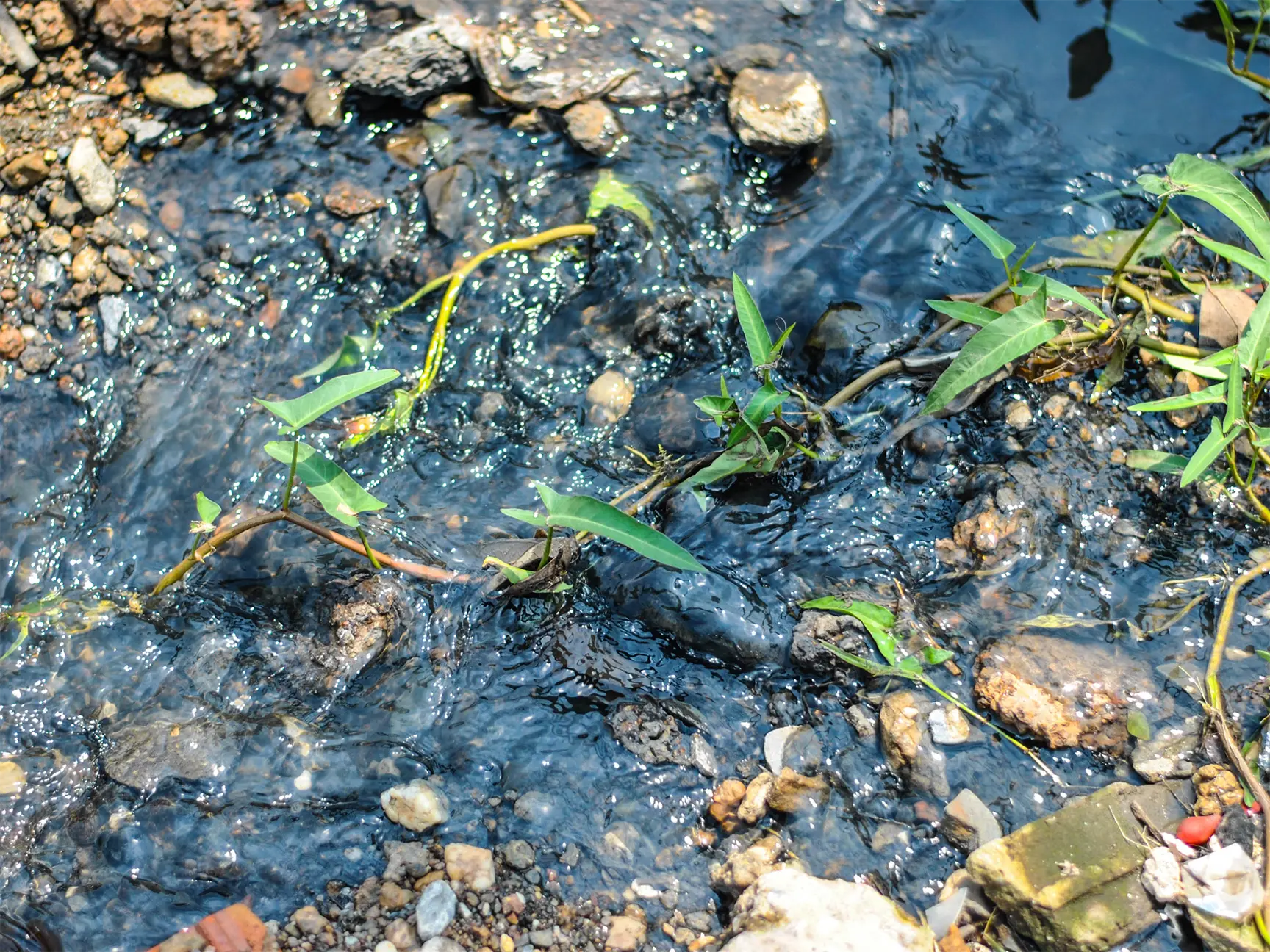Our Services
Stormwater Permitting
Our services simplify obtaining authorization under the Texas Pollutant Discharge Elimination System (TPDES) general permit. We manage your Notice of Intent (NOI) and Notice of Change (NOC) submissions to regulatory bodies, ensuring compliant project commencement across Texas.
Stormwater Pollution Prevention Plans (SWPPP)
We create customized SWPPPs for your Texas site, implementing Best Management Practices (BMPs) to minimize pollution. Our plans are regularly updated to meet evolving regulations throughout Texas.
Enforcement Response Assistance
If you receive a Notice of Violation (NOV) or face a stormwater audit in Texas, our team provides expert support. We help develop and implement corrective action plans to achieve compliance statewide.
Compliance Monitoring Inspections and Reporting
We conduct regular site inspections across Texas to ensure permit compliance. Our services include Annual Inspections and, as needed, monthly or weekly inspections with detailed reports.
Water Sampling and Reporting
Our services in Texas include stormwater discharge sampling, testing, and analysis to ensure permit compliance. We also prepare and submit Discharge Monitoring Reports (DMRs) to regulatory agencies.
Training and Education
We offer customized staff training programs on stormwater BMPs and regulatory requirements applicable across Texas. Our workshops keep your team informed on the latest regulations and best practices.

Applicability of Storm Water Regulations
In Texas, strict regulations govern industrial and construction stormwater discharges under the Clean Water Act (CWA) and the Texas Pollutant Discharge Elimination System (TPDES) permit program, which is the state-level implementation of the National Pollutant Discharge Elimination System (NPDES). Any facility in Texas with stormwater discharges linked to industrial activities or construction sites disturbing one acre or more must secure coverage under a general or individual NPDES/TPDES permit. Failure to comply with these regulations can lead to significant enforcement actions, including the issuance of Notices of Violation (NOVs) , administrative orders, and substantial administrative fines. In some cases, non-compliance can even result in the termination of services.
Beyond the legal and financial repercussions, adhering to stormwater regulations is crucial for safeguarding public health and safety in Texas. Stormwater runoff can pick up pollutants such as trash, chemicals, oils, and sediment, carrying them into our rivers, streams, lakes, and coastal waters. This contamination can degrade water quality, harm aquatic life, and negatively impact recreational activities . By holding industries accountable for their stormwater discharges and requiring the implementation of Best Management Practices (BMPs) , these regulations aim to prevent environmental damage and protect the well-being of communities across Texas . Compliance ensures that pollutants are monitored and controlled, contributing to cleaner water, healthier ecosystems, and a more sustainable environment for all Texans .
